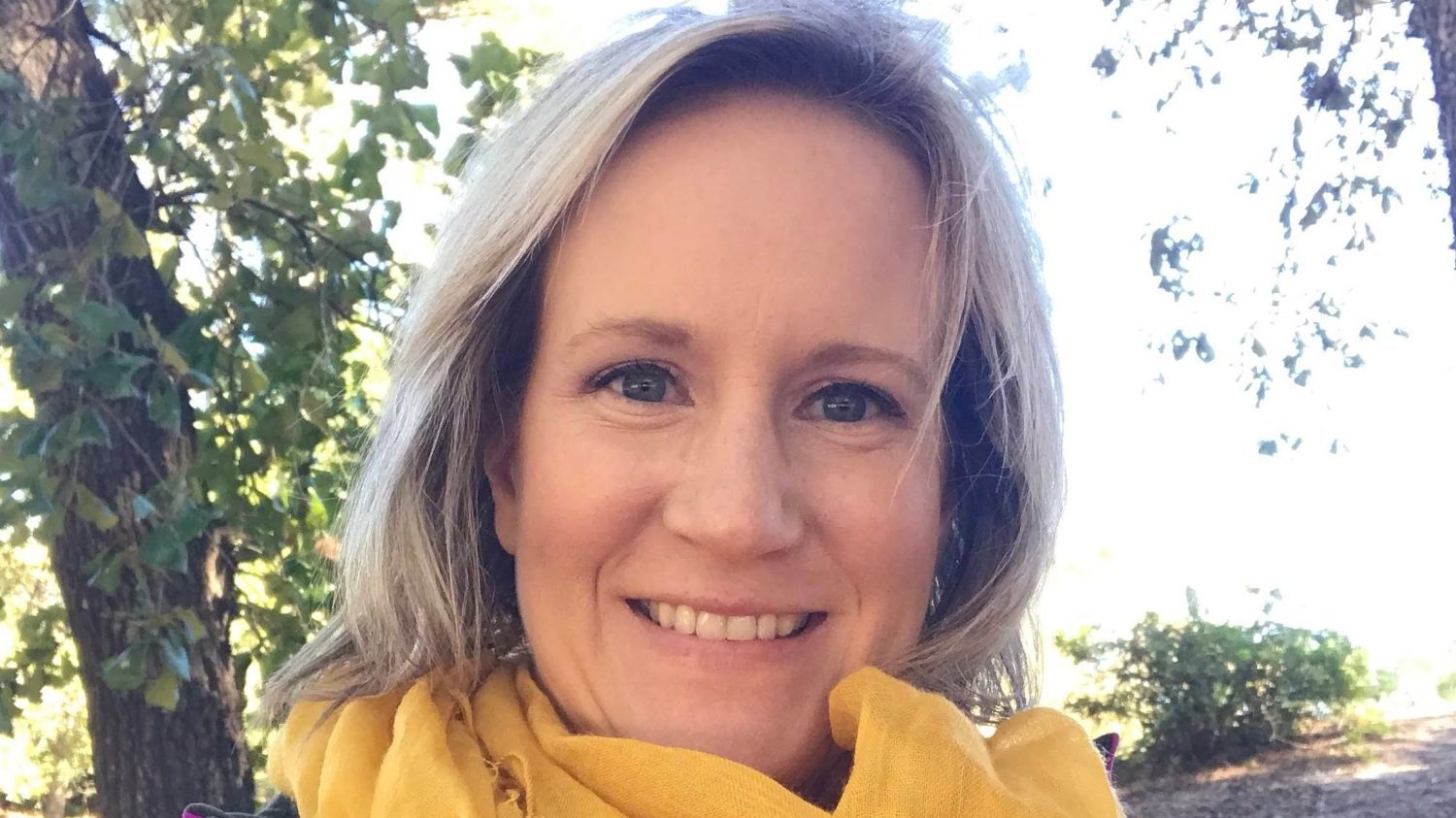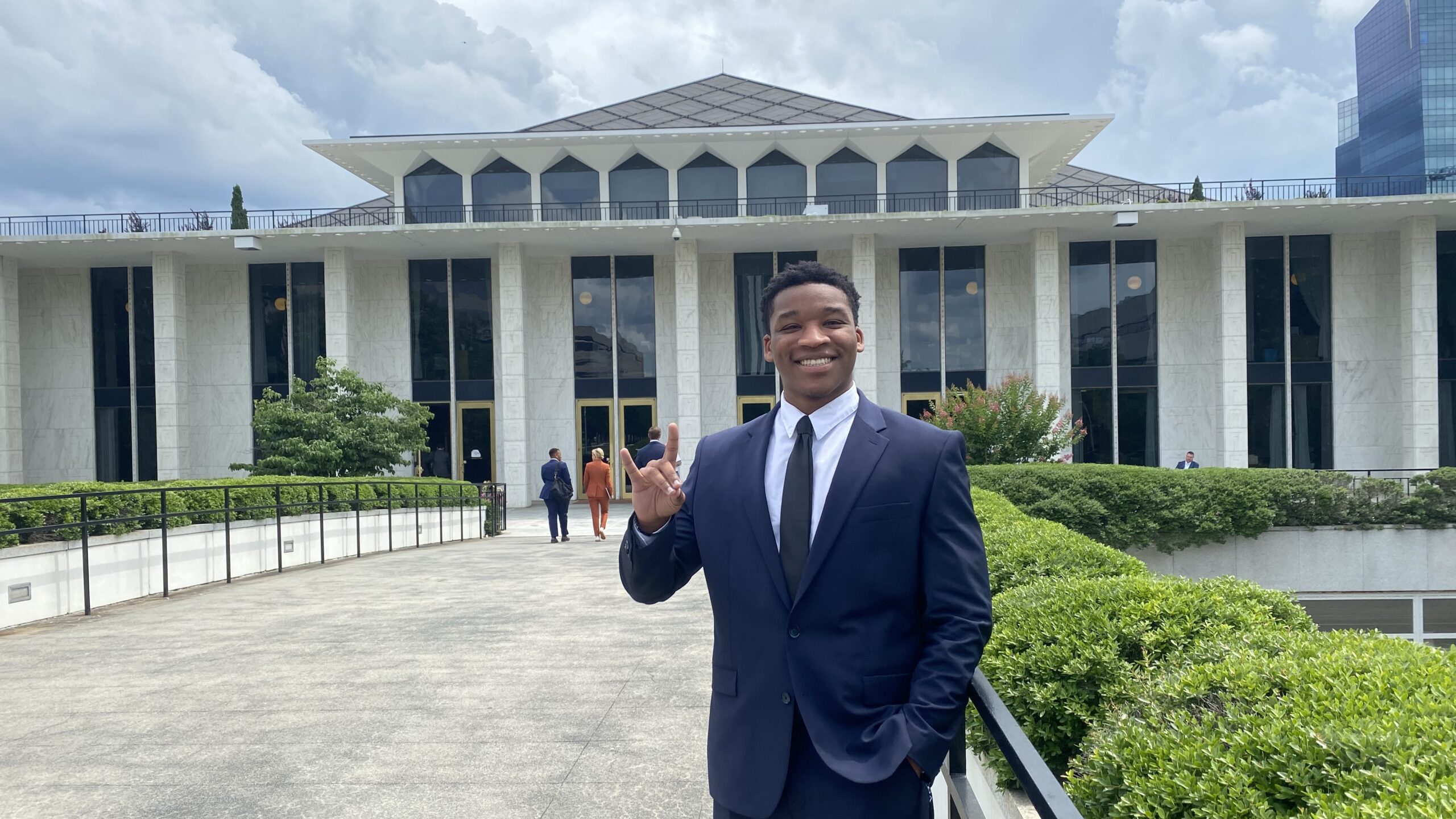Transcending Borders: Amanda Baker’s (MIS ‘21) work with teachers in Azerbaijan

Students have found innovative ways to connect to international experiences in 2020 and Amanda Baker’s (MIS ’21) internship with Azerbaijani teachers is one such example. Amanda has been working with NC State’s Global Training Initiative on a new project, funded by the U.S. Department of State, to strengthen the professional development of EFL teachers in Azerbaijan. We asked her about this internship experience and its integration into her degree program.
GTI’s new English language training certificate program sounds interesting. How did you get involved with it?
I wanted to expand my professional skills so I enrolled in the master of international studies internship class. Dr. Tracy Appling connected me with the director of the Global Training Initiative, Michael Bustle, who offered me a position as a graduate assistant with this new online professional development program.
Has this internship been a good fit for your master’s degree program?
Yes, I am focused on international studies and instructional design. The GTI program is new so I have been able to learn from and work on all aspects of it. We began recruiting teacher applicants in November. We met multiple times with the U.S. Embassy in Baku, Azerbaijan’s capital, via Zoom and began accepting teachers into the program in January. It was very popular; we received 363 applications and accepted 115 teachers into the program. I served on the admission committee and helped select the first cohort. I have learned a lot about program development.
Now that the course is underway, I attend all three sessions each week to assist with onboarding, technology and communications between the participants and the instructors. I created and continuously monitor group chats for the teachers and help the participants to navigate Moodle. Half of the teacher-participants are from Baku and the other half are spread throughout the country. We did lose some participants due to connectivity and other life/work conflicts, but we currently have approximately 90 active participants, and it is going well. I’ve learned a lot about intercultural communication, time management, instructional technologies, and working with NC State staff and faculty. The extra exposure to English language acquisition theory has also been beneficial for improving intercultural communication.
How did your professional background help you with this project?
As a teacher, I understand the lifestyle (regardless of geographic location), and we teachers have common circumstances that transcend borders: we struggle with funding and resource allocation, we have state mandated accountability measures, and we are all passionate about serving our students to the best of our ability.
I offer a perspective to the participants of teaching in a U.S. classroom in the weekly discussion sections. The participants get excellent instruction from the program instructors, and from me they get a connection to a U.S. classroom teacher who can relate to their experiences, which I think makes the program unique and appealing.
Why did you choose NC State’s Master of International Studies degree program?
I have been a high school social studies teacher for 12 years. I wanted to further my knowledge in political science while pursuing my next career move. The MIS program made perfect sense for my career goals because it allowed me to pursue my academic interests in political science while specializing in an area (instructional design) that would build upon my professional experience as a public educator.
I was also drawn to NC State’s program because of the personal attention I received from the director before I applied. I appreciate the program’s flexibility. I have been able to attend part-time without sacrificing any of the academic integrity or rigor of the program. Unlike other programs, NC State’s willingness to work with part-time graduate students, to me, sets the institution apart from other options in the area.
What’s next for you after graduation?
I plan to start a Ph.D. program in international and comparative higher education. I would like to eventually work in international education and education diplomacy.
Read more in Teaching Teachers Half A World Away.
- Categories:


